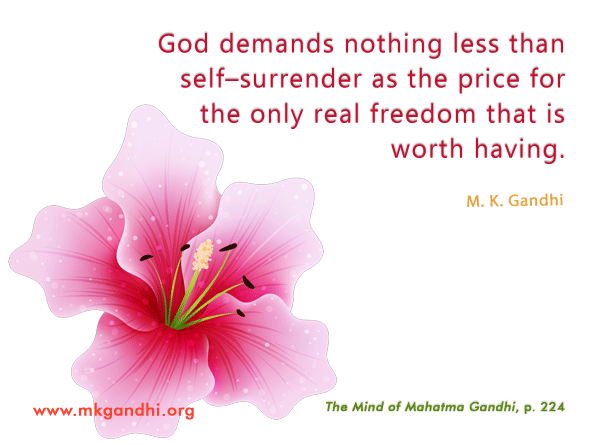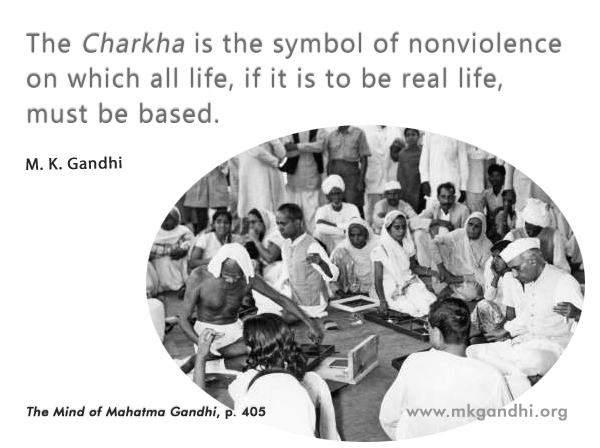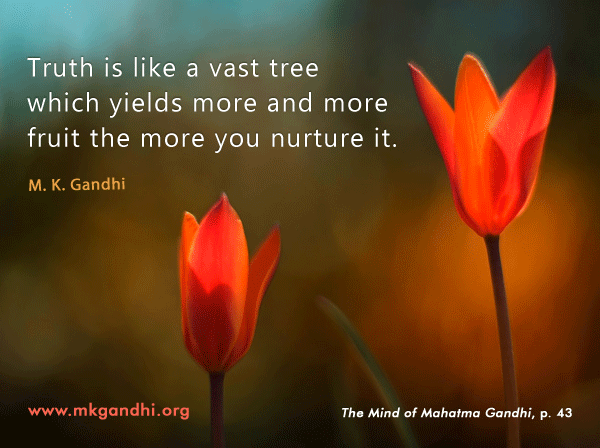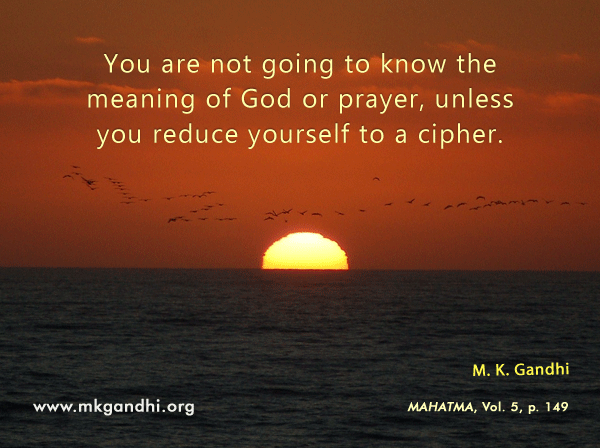Tuesday, September 6, 2016
Monday, September 5, 2016
Gandhi Journal Article-II ( September 2016 )
Kabir and Gandhi as Apostles of Human Unity
Transcending Religion and Caste-based Distinctions
By Saral Jhingran
Kabir asserted the
basic unity of all human beings not on the basis of some spiritual hypothesis
of God's immanence in every heart, but on a very rational and scientific basis.
Shorn of conventional man-made distinctions, basically, all human beings are
the same, according to him. He derives a morality of compassion and
non-violence from his basic thesis of unity of all living beings. The paper
argues that Kabir's vision of the essential unity of all human beings can
provide an idealistic foundation to all our efforts at both the resolution of
mutual conflicts and restoring dignity to the downtrodden. The Mahatma's
interpretation of the same vision gives us two messages which can contribute to
realizing the above goals. They are: sincere religious toleration of and
respect for other faiths on the basis of a frank acknowledgement of the
possible faults of our own religion; and the need to see the 'Divine' in the
hearts of the 'dumb millions', which must in turn lead us to the service of
those millions as the only way to realize the 'Divine' in our hearts.
Sunday, September 4, 2016
Saturday, September 3, 2016
Friday, September 2, 2016
Gandhi Journal Article-I ( September 2016 ) - Decentralized Political Order: The Gandhian Perspective
Gandhi Journal Article-I ( September 2016 )
Decentralized Political Order: The Gandhian Perspective
By Ramashray Roy
This paper discusses the rationale of local democracy by looking at the democratic discourse surrounding the usefulness and limits of the representative form. Stalwarts like Jefferson called for the creation of ‘elementary republics’ by dividing counties into wards. Such intimate communities are not only a more reliable means of addressing public problems, but also avenues of the inner growth of the citizens in self-responsibility. This means reversing the pyramid of authority and power. The Gandhian scheme of decentralized political order is more than a technical device; it is, at one and the same time, an institutional strategy for facilitating and sustaining spiritual regeneration of human existence in the backdrop of a simple economy based on limitation of wants.
Subscribe to:
Comments (Atom)



